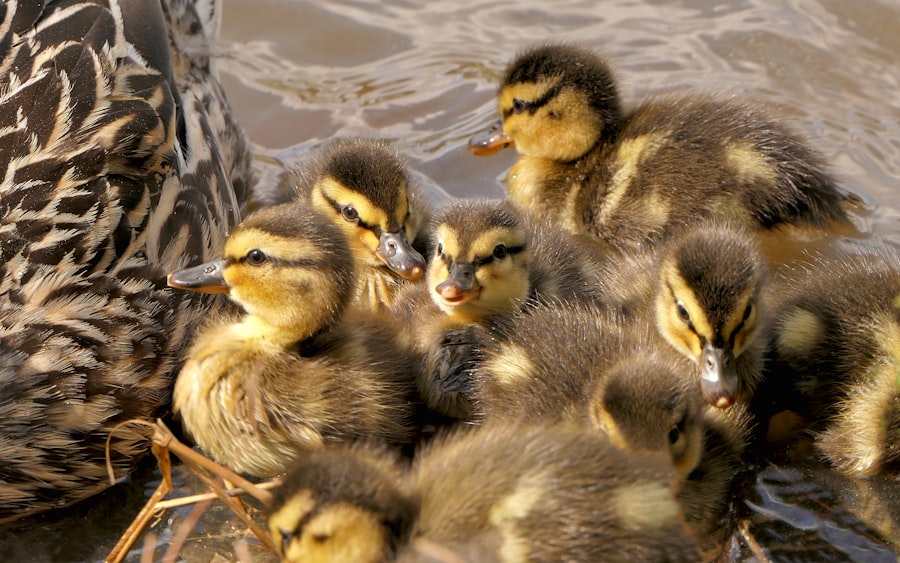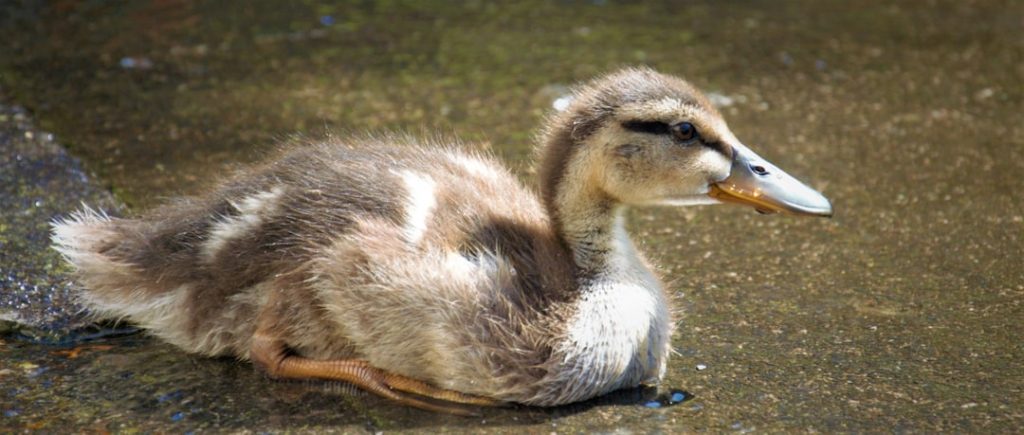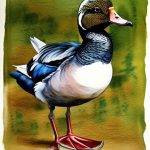Tiny duck breeds are a delightful addition to any backyard or farm. These small ducks are not only adorable, but they also have a lot to offer in terms of companionship, pest control, and egg production. Tiny duck breeds are perfect for those with limited space, as they require less room than larger duck breeds. They are also great for families with children, as they are gentle and easy to handle. In this article, we will explore the characteristics, popular breeds, housing and care, health and wellness, as well as breeding and raising of tiny duck breeds. Whether you are a seasoned duck owner or considering adding ducks to your homestead for the first time, this comprehensive guide will provide you with all the information you need to successfully care for tiny duck breeds.
Table of Contents
Key Takeaways
- Tiny duck breeds are a popular choice for backyard poultry enthusiasts due to their small size and adorable appearance.
- Characteristics of tiny duck breeds include their small stature, friendly demeanor, and ability to forage for food.
- Popular tiny duck breeds include the Call Duck, East Indies Duck, and the Miniature Appleyard.
- Housing and care for tiny duck breeds should include a secure enclosure, access to water for swimming, and a balanced diet.
- Health and wellness considerations for tiny duck breeds include regular veterinary check-ups, proper nutrition, and protection from predators.
Characteristics of Tiny Duck Breeds
Tiny duck breeds are known for their small size, making them an ideal choice for those with limited space. They typically weigh between 1.5 to 3 pounds and stand at around 10 inches tall. Despite their small stature, these ducks are hardy and can thrive in a variety of climates. They come in a wide range of colors and patterns, adding a beautiful and unique touch to any flock. Tiny duck breeds are also known for their friendly and docile nature, making them great pets for families with children. They are easy to handle and enjoy human interaction, often following their owners around the yard. In addition to their friendly disposition, tiny duck breeds are also excellent foragers and can help control pests in the garden. They have a voracious appetite for slugs, snails, and other insects, making them a valuable addition to any homestead.
Popular Tiny Duck Breeds
There are several popular tiny duck breeds that are well-suited for backyard or small farm environments. The Call Duck is one of the most popular tiny duck breeds, known for its small size and adorable appearance. They come in a variety of colors, including white, gray, and blue, and are prized for their friendly nature and high egg production. Another popular tiny duck breed is the East Indies Duck, which is known for its striking iridescent green plumage. These ducks are not only beautiful but also make excellent foragers and can help keep gardens free of pests. The Dutch Hookbill is another popular tiny duck breed, characterized by its unique hooked bill and upright stance. These ducks are friendly and easy to handle, making them a great choice for families with children. Other popular tiny duck breeds include the Miniature Crested Duck, the Silver Bantam Duck, and the Nankin Duck.
Housing and Care for Tiny Duck Breeds
When it comes to housing and caring for tiny duck breeds, there are a few key considerations to keep in mind. First and foremost, it’s important to provide adequate shelter for your ducks to protect them from predators and the elements. A secure coop or duck house with plenty of ventilation and bedding is essential for keeping your ducks safe and comfortable. Additionally, it’s important to provide access to fresh water for swimming and drinking, as well as a balanced diet of commercial duck feed supplemented with fresh greens and insects. Tiny duck breeds also require regular grooming to keep their feathers clean and healthy. This includes providing access to clean water for bathing and regular inspections for parasites or signs of illness. Overall, providing a safe and enriching environment is key to ensuring the health and happiness of your tiny duck breeds.
Health and Wellness of Tiny Duck Breeds
Maintaining the health and wellness of tiny duck breeds is essential for their overall well-being. Regular veterinary check-ups and vaccinations can help prevent common illnesses and diseases. It’s also important to provide a clean living environment with access to fresh water and a balanced diet to support their immune system. Additionally, regular grooming and parasite control are important for keeping your ducks healthy. Keeping an eye out for any signs of illness or injury is crucial, as early intervention can make a big difference in the outcome. By providing proper care and attention to their health needs, you can ensure that your tiny duck breeds live long and happy lives.
Breeding and Raising Tiny Duck Breeds

Breeding and raising tiny duck breeds can be a rewarding experience for those looking to expand their flock or start a breeding program. When it comes to breeding, it’s important to select healthy breeding stock with desirable traits such as good temperament, egg production, and conformation. Providing a suitable nesting area with plenty of bedding and privacy can encourage successful breeding and egg laying. Incubating eggs or allowing broody hens to hatch them can lead to successful hatching and raising of ducklings. Once hatched, it’s important to provide a warm and safe environment for the ducklings to grow and develop. This includes access to heat lamps, clean water, and a balanced diet to support their growth. Proper socialization and handling from an early age can help ensure that the ducklings grow up to be friendly and well-adjusted adults.
Conclusion and Considerations for Owning Tiny Duck Breeds
In conclusion, tiny duck breeds are a wonderful addition to any backyard or farm setting. Their small size, friendly nature, and pest control abilities make them an ideal choice for those with limited space or families with children. When considering owning tiny duck breeds, it’s important to provide adequate housing, care, health maintenance, and attention to breeding and raising needs. By following the guidelines outlined in this article, you can ensure that your tiny duck breeds thrive and bring joy to your homestead for years to come. Whether you are a seasoned duck owner or considering adding ducks to your flock for the first time, these charming birds are sure to bring delight and companionship to your life.
If you’re considering raising tiny duck breeds, you may also be interested in learning about the best kind of coop for chickens. Check out this article for tips on providing the right housing for your feathered friends.
FAQs
What are some common tiny duck breeds?
Some common tiny duck breeds include the Call duck, East Indies duck, and the Mandarin duck.
What are the characteristics of tiny duck breeds?
Tiny duck breeds are known for their small size, often weighing less than 3 pounds. They come in a variety of colors and have a friendly and docile temperament.
What are the benefits of raising tiny duck breeds?
Raising tiny duck breeds can be beneficial for those with limited space, as they require less room than larger duck breeds. They also make great pets and can be a source of entertainment and joy.
What do tiny duck breeds eat?
Tiny duck breeds typically eat a diet of commercial duck feed, supplemented with fresh fruits and vegetables. They also enjoy foraging for insects and plants.
How much space do tiny duck breeds need?
Tiny duck breeds require less space than larger duck breeds, but still need access to a pond or shallow water for swimming and foraging. A small backyard or enclosed area can provide enough space for them to roam and explore.
Meet Walter, the feathered-friend fanatic of Florida! Nestled in the sunshine state, Walter struts through life with his feathered companions, clucking his way to happiness. With a coop that’s fancier than a five-star hotel, he’s the Don Juan of the chicken world. When he’s not teaching his hens to do the cha-cha, you’ll find him in a heated debate with his prized rooster, Sir Clucks-a-Lot. Walter’s poultry passion is no yolk; he’s the sunny-side-up guy you never knew you needed in your flock of friends!







